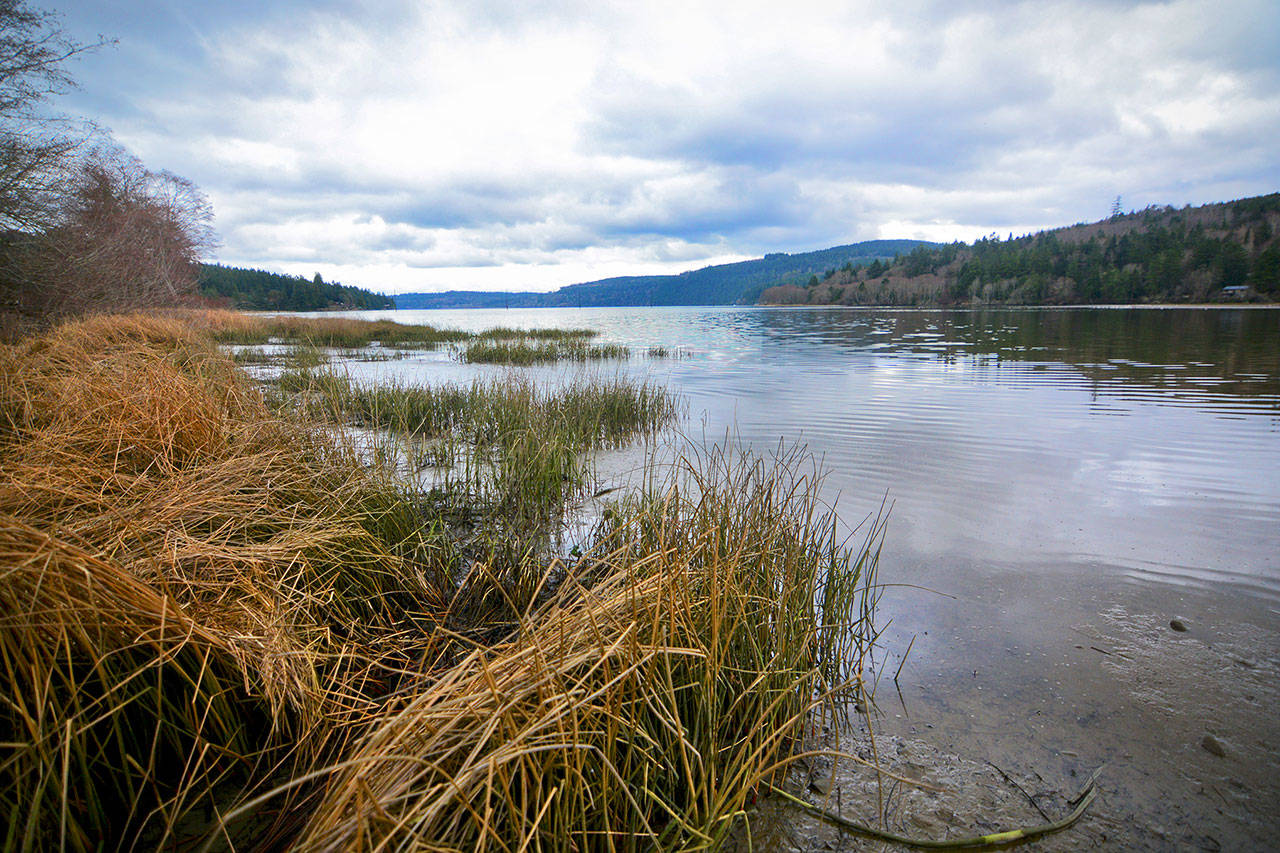PORT TOWNSEND — Opponents of Jefferson County’s Shoreline Master Program vowed Thursday to take their case to the U.S. Supreme Court after the state Supreme Court declined to hear their case earlier this month.
Jefferson County Commissioner David Sullivan said the state Supreme Court’s Feb. 6 decision not to hear the case shows the state’s highest court doesn’t see any value in reviewing a state Court of Appeals decision affirming the constitutionality of the county’s shoreline master program (SMP).
“We’ve had this before a judge four different times now,” Sullivan said Thursday. “If they want to go to the federal court, that’s their right, but I would expect the same answer.”
The opposition to the SMP is largely because of its buffer zones, areas in which development is not permitted so as to protect waterways.
Dennis Reynolds, a Bainbridge Island attorney representing the Olympic Stewardship Foundation, said shoreline owners have been working with lobbyists to present some “legislative fixes” during the next state legislative session. Brian Hodges, an attorney with the Pacific Legal Foundation, said his firm is preparing filings for the U.S. Supreme Court.
Hodges hopes to know around October if the U.S. Supreme Court will hear the case.
The state Department of Ecology approved the county’s SMP on Feb. 7, 2014. It was the first major update to the SMP since 1989. Its goals were to increase protection and restoration of fish and wildlife habitat and water quality, provide more certainty for development and improve public access and recreational opportunities for more than 500 miles of shoreline.
“We went through and we have used the best available science to justify our decisions,” Sullivan said.
Hodges said he is preparing to challenge the constitutionality of the SMP, arguing that the state Court of Appeals decided shoreline property owners do not have a right to make an “economically viable use” of their lands.
“They said the constitution does not protect shoreline owners,” he said. “That’s in conflict with 100 years of U.S. case law.”
Sullivan said the key complaints against the SMP have been regarding the default 150-foot buffers on the shoreline. He said properties owners can work with the county to reduce those buffers on their properties, though that requires things such as a geotechnical report.
“There’s a number of different situations where people can have a smaller buffer,” he said. “Of course they like to ignore that fact and they can come up with 200-plus issues.
“All those get answered and that’s what the judges find.”
Hodges said the problem with the default buffer is that other jurisdictions, which he said used the same science, have different buffers.
He said Bainbridge Island has only a 30-foot buffer while other rural areas have about 75 feet. He said in the San Juan Islands, the buffer can be around 200 feet.
“Every county can look at the exact same body of science and come with a different buffer size,” he said.
Reynolds said he was not surprised to see the state Supreme Court decide against hearing the case. He said in recent years the state Supreme Court has not been hearing similar cases.
“It’s disappointing to see the erosion of private property rights,” he said. “It’s all about big government in this state.”
Sullivan said it’s time for the county to move on and he had hoped the state Supreme Court’s refusal to hear the case would put an end to the issue.
He said the process has been costly for citizens and has used quite a bit of the county’s time.
“I think it’s time to move on to other things, but they have their right to appeal,” he said.
________
Reporter Jesse Major can be reached at 360-452-2345, ext. 56250, or at jmajor@peninsuladailynews.com.

